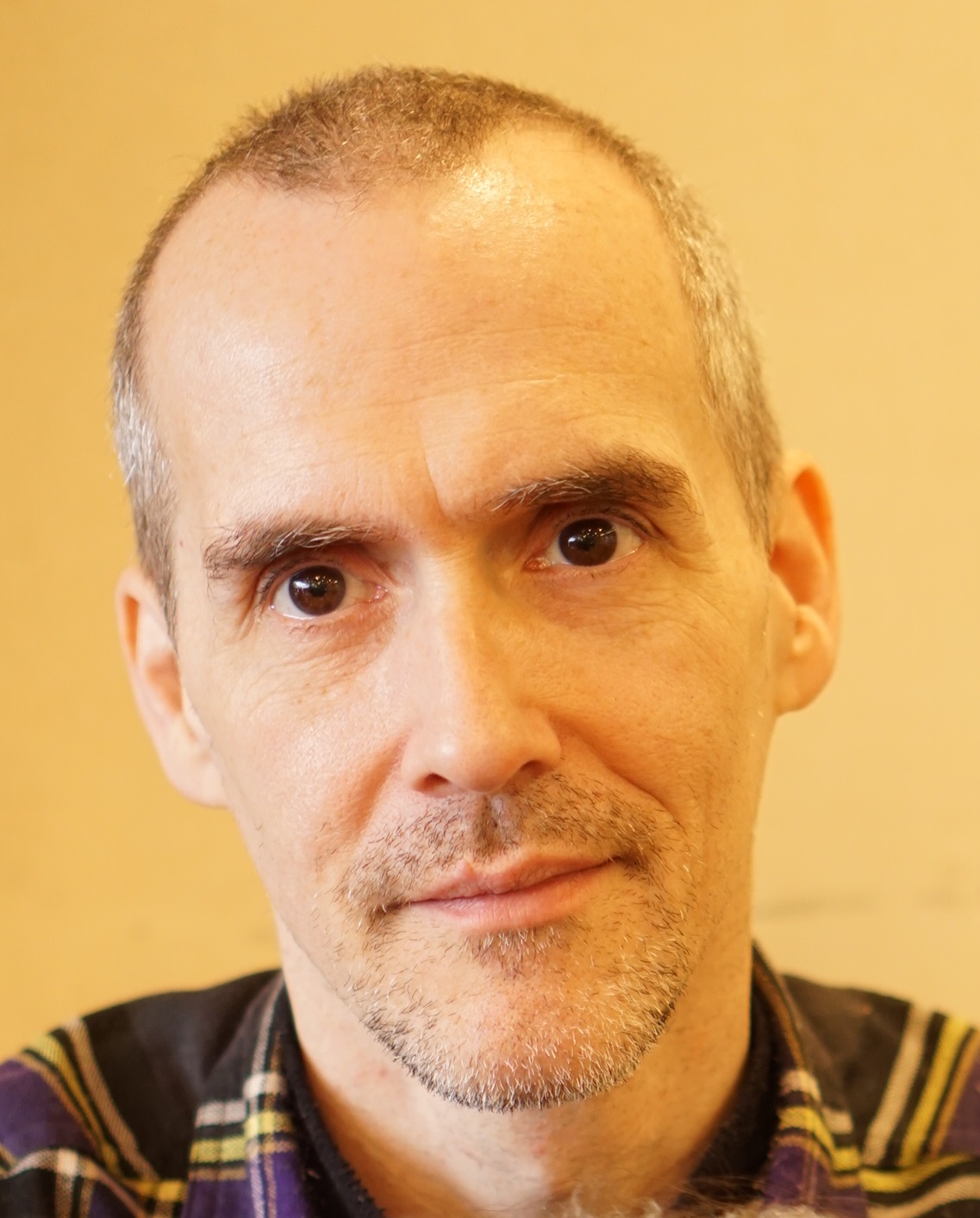By the end of this unit you should:

Introduce yourself to your lab mates. Take about one minute to state why you chose this lab and say something about a subject that you are interested in.
With luck, your introduction is more positive than the example given below.
"Hi, I'm XXXXX I selected this lab because no other lab would accept me and for some reason this lab did. My GPA is really low and I don't expect to graduate because I spend too much time playing online games. I am addicted to first-person shooter games."
Listen to this introduction to find out a little about your supervisor and how to contact him.

Read.
There are two introductory courses in the TNT Lab: professional development and research development. In the professional development course, the focus is on developing the skills and strategies that will enable you to succeed not only in your research, but in every aspect of your life. In the research development course, the focus is on enabling you to conduct high-quality research.
This short course can be completed intensively over two days, or extensively over a quarter. The focus of this TNT Lab course is on developing professionalism. A professional is someone who has the particular set of knowledge, behaviours and skills. In the TNT Lab, our focus is on developing a professional mind set that not only helps you with your graduation project, but your life and career. Professionals are reliable, competent, adaptable, and ethical. You can evaluate your current level of professionalism through some simple guiding questions.
Competence is developed by practice. Gladwell proposed a 10,000 hour rule. This number seems rather arbitary, but there is no shortcut to getting good at something. Practice is necessary. The more pratice, the better you get.
Grit is about being mentally tough. People with grit create a schedule and stick it. They put in the effort regardless of motivation or feeling. Professionals do not miss work because it is raining, or cold, or they feel tired. Grit is about doing what should be done. Show grit and work like a professional and not an amateur.
Watch and listen to this TED talk introducing the concept of Grit (6 min 13 sec).
Discuss the content of video with your lab mates.
Watch and listen to this summary of the concept of Grit (8 min 29 sec).
Discuss the content of video with your lab mates.
Before you come to study at this university, you had some expectations of what university life would be like.
Work in pairs or a small group and discuss your answers to these questions.
Now, share your expectations of what working in the TNT lab will be like.
Work in pairs or a small group and discuss your response to this.
You get out what you put it. If you put zero effort in, you will get zero satisfaction and zero benefit. If you put 100% effort in, you will surely be satisfied with yourself. If you put 100% effort in, you will produce the best results that you can. Do your best. Be your best. Don't care about what other people do, care about what you do. This is your life.
Listen to the expectations of your supervisor.
Assess your current level of grit. List work routines (e.g habits) under the headings: physical, mental, academic, social, and financial. For each work routine, evaluate your level of grit from low [1] to high [5].
An example is given below, but naturally your work routines will be different.
Submit your self evaluation via Slack. Either send it in private message or share it in the general channel (if you are happy for other lab mates to see it).
| Physical | Eat healthy breakfast every day [5]; Do 100 squats every day [4]; Walk one hour every day [2] |
| Mental | Compete important tasks first [3] |
| Academic | Submit all assignments on time [5]; Study online programming course [3]; Read one book every week [5]; |
| Social | Email parents every week [5]; Call or email friend daily [5]; |
| Financial | Spend less than I earn [4]; Do part-time job for 15 hours every week [5]; |
David Goggins is a retired US Navy Seal who sets himself a goal and achieves it. He has the nickname "the toughest man alive". Google him and you will see why.
Watch and listen to David (2 min 49 sec). Be warned he says swears a lot.
Make sure you can explain the following terms in simple English:
Make sure you can explain the following concepts in English: